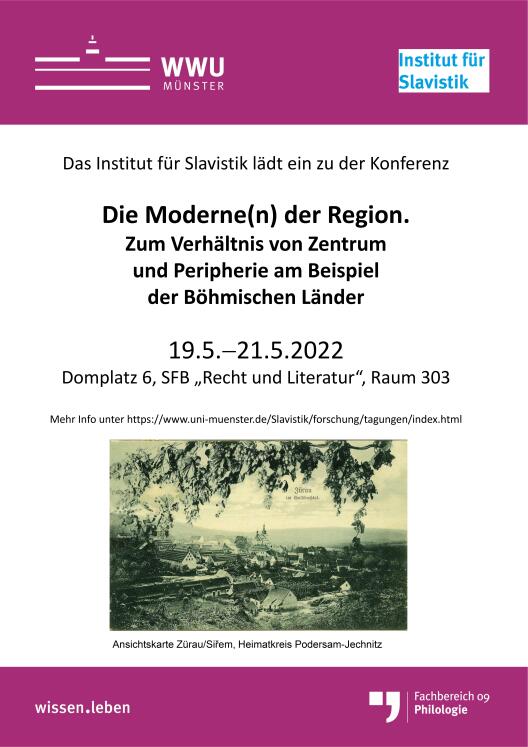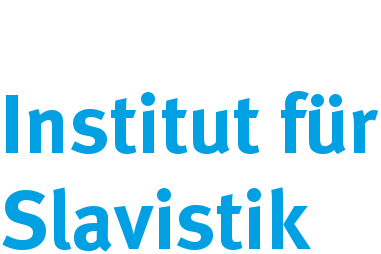Workshop: Video Game Adaptations of Historical and Literary Narrations

Narratives, both literary and historical, have always been appropriated by other arts. The various phenomena of media change have been widely researched for the established arts such as painting, music and film, but in the field of digital games, processes of this kind are still very much under-explored, especially in relation to Central and Eastern Europe.
The workshop aims to investigate intermedial transfer processes between history, literature and game(s). At the centre of our interest are game adaptations of historical and literary narratives, whereby attention will also be paid to the reverse direction of transfer, the appropriation of game materials and mechanics in texts (Victor Pelevin, Yurii Andrukhovych). The focus will be on Slavic cultures in the broadest sense: The games and/or texts analysed should at least have a connection to Slavia, either in terms of their content or their origin.
Within this loose framework, the spectrum of literary adaptations ranges from well-researched global hits such as the Witcher, S.T.A.L.K.E.R. and Metro game series to the recently published adaptation of Stanisław Lem’s novel The Invincible (Niezwyciężony). The different modes of dealing with history are just as diverse, ranging from historical didactics (Svoboda 1945: Liberation) to propagandistic historical fabrication (Smuta). In the vast majority of games, history fulfils the function of an exotic scenario and simply serves the purpose of entertainment, as in the recently published The Last Train Home or the strategy classic Cossacks, whereby both the didactic and distorting aspects resonate implicitly here. In this context, a look at counterfactual depictions of history (Atomic Heart, Iron Harvest) would be of particular interest.
A second focus of the workshop is on methodological considerations: In respect to their own media specificity, games can be analysed partly with the established methods of cultural and media analysis, partly Game Studies have developed and are developing new methods, which will be presented and discussed in the workshop.
The aim of the workshop is to explore the new intermedial field of Slavia, to lay the foundations for Game Studies with a Slavic profile, i.e. Slavic Game Studies, and to familiarise participants with methods. Possible questions are:
• How do games adapt literary and historical narratives?
• What are the specifics of this type of “intersemiotic translation” (Jakobson)?
• What methods can be used to analyse these processes?
• Which historical myths are created in games?
Dmytro Čyževs’kyj and Prague. Perspectives of intellectual entanglement

The workshop focuses on Dmytro Čyževs’kyj and his stay in Prague (1924-1932) as an example of intellectual entanglement in 20th century Central Europe. When living in Prague, Čyževs’kyj was simultaneously involved in the Ukrainian and Russian émigré communities. He taught at the Mykhailo Drahomanov Ukrainian Pedagogical Institute as well as in the Ukrainian Free University and was a member of the Ukrainian Historical-Philological Society. At the same time, he participated in work of the Prague Linguistic Circle and the Philosophical Society at the Russian Free University. Interwar Prague was a place of intercultural intellectual exchange and entanglement, where several traditions of thinking came together or were confronted with each other – a configuration which was true for differing political positions as well. Particularly striking in both respects is Čyževs’kyj’s relationship towards his co-member in the Prague Linguistic Circle, Roman Jakobson.
Čyževs’kyj’s involvement with Slavic (including his too often neglected work on the Ukrainian and Czech) literatures and cultures did not stop when he left Prague for Germany (where he stayed in Halle, later Cologne and Heidelberg). Of special interest is his life-long interest in Baroque literature, and above all his studies of Czech and Ukrainian Baroque (the latter being itself a phenomenon of entanglement). One can also mention here his lesser known studies on Slovak literature. As an émigré scholar, he developed and spread his ideas within Slavic studies in Western Academia and supported his colleagues in Czechoslovakia, whose works could not be published under socialism.
Taking Čyževs’kyj’s involvement in intersecting communities in interwar-Prague as a starting point, the workshop will combine literary theoretical and literary historical as well as philosophical and philosophical-historical approaches on this phenomenon of intellectual entanglement.
The workshop is funded by German Research Foundation (DFG) as part of the Heisenberg Professorship Programme (University of Münster) and by the Lumina Quaeruntur fellowship “Images of science” in Czechoslovakia 1918-1945-1968 (Masaryk Institute and Archive of the Czech Academy of Sciences).


